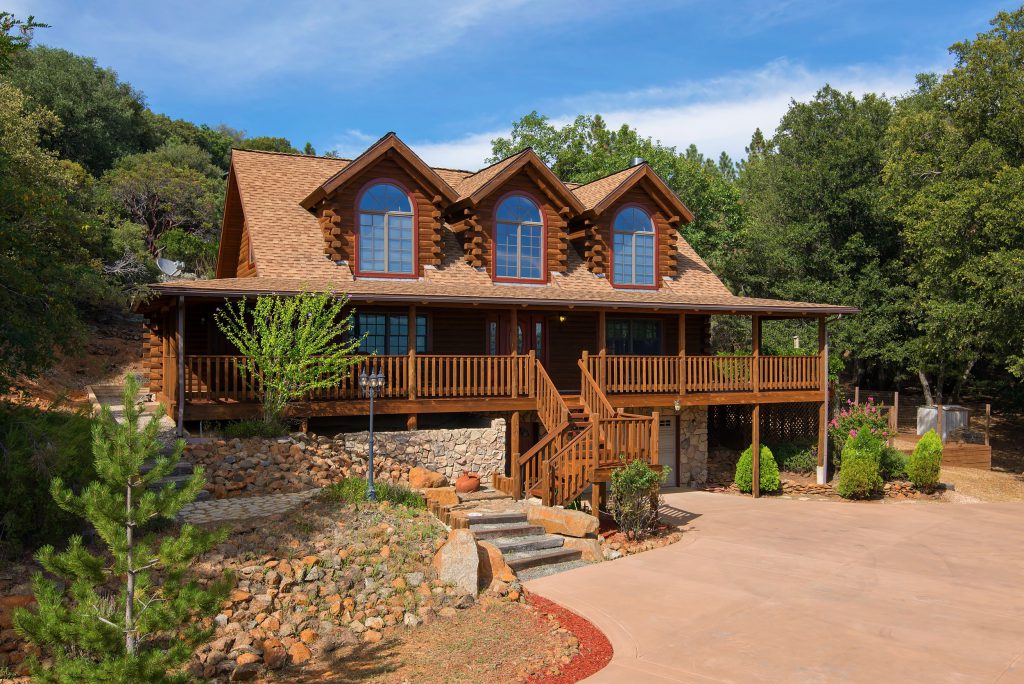Pricing your home is one of the hardest things we real estate agents do. Why?
How Do You Determine a Listing Price?
First of all, there’s no foolproof way to determine a listing price. Not even an appraiser can give you an “exact” value of what your home is worth. At best, a listing price is a professional estimate. Only the market, with its ever-changing interplay of supply and demand, can really determine the price, which is the one that generates an offer you’re willing to accept.
Show me any home for sale, and I’ll most likely show you a real estate agent and seller who had different price opinions — at least initially.
Emotional Attachment Pricing vs. Real Market Value
It’s not unusual for sellers to assign a higher value to their home than the agent does, because the seller often has a hard time separating emotions from market conditions. It’s hard to put a realistic price on the place where your children celebrated their first Christmas, for example. In order to keep those difficult emotions at bay and show sellers the reasoning behind my suggested listing price, I offer the following guidance:
Pricing a Property Too High Can Backfire.
The first pitfall to overpricing is that your property will sit on the market too long. For example, clients of mine decided to price their home for much higher than I recommended — in part because they weren’t quite ready to let it go. As a result, the home took 1.5 years to sell. And it eventually sold within the price range I had originally suggested. Most people cannot afford to wait that long; fortunately, this couple could.
When you overprice your home, you also run the risk of getting less for it than you would have received had you priced it more reasonably from the start. Overpriced properties can become “market stale.” They sit too long, so buyers lose interest. It’s like passing up that marked-down shirt in the corner of the store that’s beginning to collect dust and layers of revised price tags. It’s no longer appealing, and people start assuming something is wrong with it. Don’t underestimate the power of freshness.
Market Forces Can Drive Low Prices Up.
When a property is priced competitively (or seemingly too low), it’s not unusual to receive multiple offers. Having competing buyers will push the price higher.
How Motivated Are You To Sell?
In 2014, three different Julian homes sold within one week of being listed. Those sellers were highly motivated, and they priced their properties to sell. If you’re moving for work or in financial distress, you can’t afford to overprice your property and watch it sit.
Determine a Reasonable Price Using Market Data.
The best tool for determining a property’s value is analyzing comps (sales of properties comparable to yours). Be sure your agent provides current market data with an emphasis on recently sold homes that are most similar to yours, while still accounting for the differences between them (e.g., square footage, age, condition, view, amenities). Getting good comps is a challenge in Julian because there are no cookie-cutter, tract-home type properties that allow for an apples-to-apples comparison. However, I can usually find at least 3 to 5 decent comps to use as a solid basis.
I also help clients to weigh the amount of inventory on the market with current market demand. If your property is like 20 other homes listed for sale and the demand is not great, you might want to price your home slightly lower than the rest to give it a competitive edge. Market data + professional expertise + a dash of intuition can produce a solid and reasonable price range for the property.
Comparison “Shop” Your Listing
I always offer my prospective sellers an opportunity to come out with me to see the competition in their price point. This gives them a buyer’s perspective as they “shop” for homes in the same price range. That way, they can see how they stack up against the competition before they settle on a listing price.
Drop Your Price To Get To The Sweet Spot
Sometimes my clients insist on listing their property in the high end of an agreed-upon price range. When that happens, I prepare them to drop the price if there has been no significant activity (multiple showings, truly interested buyers, etc.) within 30 days. We keep doing this in increments until we get to the sweet spot that generates an offer they’re happy to accept.
Price it Right; Sell it Tonight
When you set a realistic sales price for your property, it will sell faster. This gives you peace of mind and the ability to move forward to whatever is next for you.




